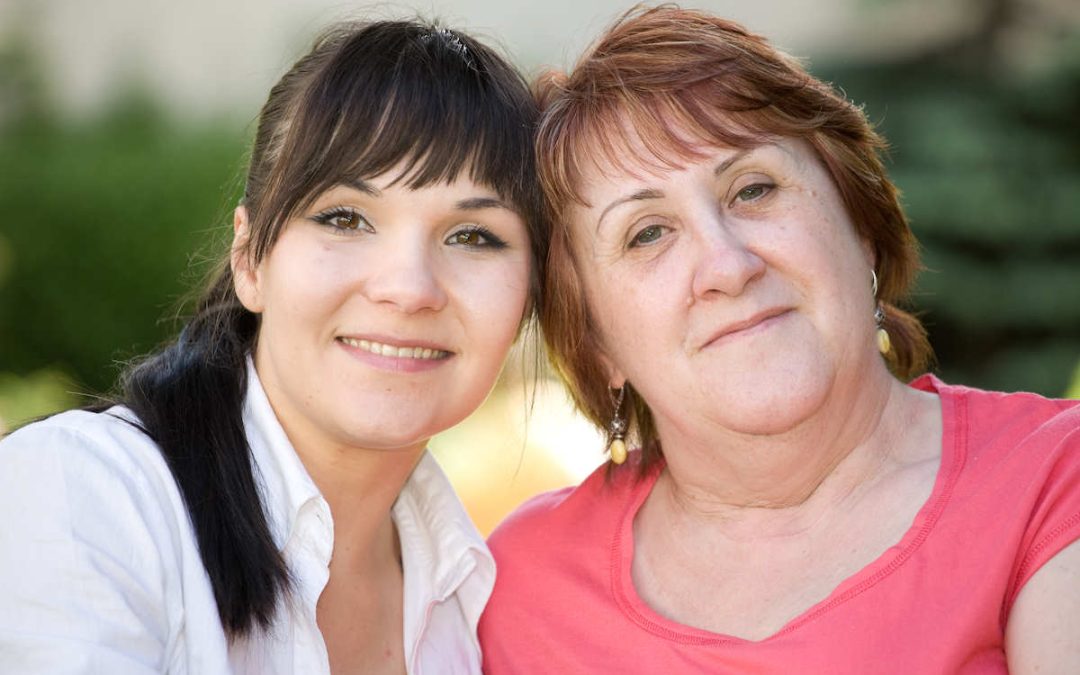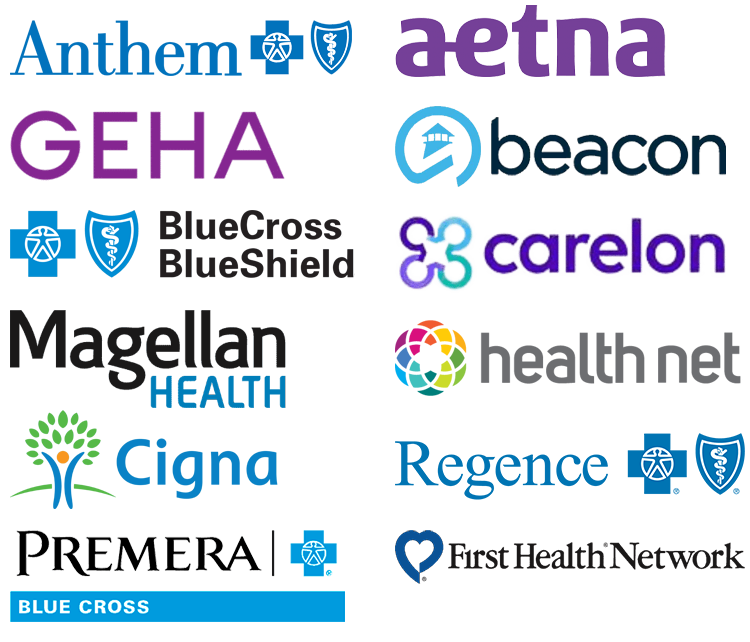Anxiety or Panic? Many People Don’t Know the Difference
Feeling overwhelmed by fear, racing thoughts, or a sudden surge of dread can be alarming. Many people wonder whether they are experiencing an anxiety attack or a panic attack. While the terms are often used interchangeably, they refer to different experiences.
Recognizing the difference between an anxiety attack and a panic attack helps individuals find appropriate support and care. The National Institute of Mental Health notes that, while both experiences involve intense fear, anxiety often builds gradually in response to stressors, whereas panic attacks occur suddenly without an obvious cause. Understanding these distinctions also helps loved ones better support someone facing these challenges.
For individuals and families in Marin County seeking answers, Rosebay Behavioral Health provides compassionate mental health services that can help address anxiety, panic, and related concerns.
What Is an Anxiety Attack?
Common Triggers
Anxiety attacks often build up in response to specific stressors. These might include overwhelming work demands, relationship conflicts, trauma reminders, or anticipating a future event that feels threatening. Even everyday worries can gradually escalate into an anxiety attack.
Anxiety Attack Symptoms and Onset
Unlike panic attacks, anxiety attacks typically develop slowly. Common symptoms include:
- Racing or looping thoughts
- A tight feeling in the chest
- Muscle tension or restlessness
- Difficulty concentrating
- A growing sense of dread
Anxiety attacks are often tied to persistent, escalating worry rather than sudden, intense fear.
Related Conditions
Anxiety attacks are frequently associated with mental health conditions such as Generalized Anxiety Disorder (GAD) or social anxiety disorder. These experiences can also be confusing for family members who may struggle to understand how to provide effective support.
Rosebay Behavioral Health offers specialized anxiety disorder treatment in Marin County to help individuals manage symptoms and regain stability.
What Is a Panic Attack?
Characteristics of a Panic Attack
Panic attacks strike suddenly, often without any clear warning. They may occur during ordinary activities or even during sleep.
Unlike anxiety attacks, panic attacks are often not linked to an identifiable trigger. Their unpredictable nature can increase feelings of vulnerability and fear.
Panic Attack Symptoms and Physical Sensations
Panic attacks typically cause intense physical symptoms, such as:
- Chest pain or tightness
- Shortness of breath or hyperventilation
- Racing or pounding heart
- Dizziness or feeling faint
- Trembling or shaking
- Nausea or stomach upset
- Fear of losing control, going crazy, or dying
Symptoms usually reach their peak within minutes and can leave individuals feeling exhausted afterward.
Related Conditions
Panic attacks can occur independently or as part of a broader diagnosis, such as Panic Disorder. These episodes can also be distressing for loved ones who may not fully understand what is happening or how to help.
Specialized panic attack treatment is available in Marin County at Rosebay Behavioral Health for individuals experiencing recurrent panic attacks.
Key Differences Between Anxiety Attacks and Panic Attacks
At a Glance: Quick Comparison
| Category | Anxiety Attack | Panic Attack |
| Onset | Gradual | Sudden |
| Trigger | Often identifiable | Often unknown |
| Symptoms | Moderate (worry, restlessness) | Severe (physical fear response) |
| Duration | Longer, builds up slowly | Short and peaks quickly |
| Associated Diagnoses | GAD, social anxiety | Panic Disorder |
Identifying whether symptoms align more with anxiety attacks, panic attacks, or both is essential for choosing the most effective treatment approach.
Why Understanding the Difference Matters
Accurate Diagnosis Means Better Care
A precise diagnosis allows treatment to be tailored to the individual’s experience. Misunderstanding the distinction between anxiety and panic can delay improvement or result in less effective interventions.
Different Treatment Approaches
Evidence-based therapies like Cognitive Behavioral Therapy (CBT) and Dialectical Behavior Therapy (DBT) are highly effective in treating both anxiety and panic-related symptoms. CBT focuses on reframing unhelpful thought patterns, while DBT emphasizes emotional regulation and distress tolerance.
Rosebay Behavioral Health also integrates Somatic Experiencing into treatment to address the physical aspects of anxiety and panic, helping individuals build a greater sense of body awareness and emotional resilience.
When to Seek Help for Anxiety or Panic Symptoms in Marin County
Whether you are seeking support for yourself or for someone you care about, recognizing when professional help is needed is crucial.
Signs It’s Time to Get Professional Help
- Symptoms are interfering with work, school, or relationships
- Avoidance of places or situations for fear of triggering symptoms
- Physical symptoms are causing significant distress or frequent health concerns
- Feelings of overwhelm, isolation, or hopelessness persist
Reaching out for help early can make a meaningful difference. Treatment can reduce the severity and frequency of symptoms and restore a sense of stability.
Importance of a Proper Assessment
Accurate assessment helps distinguish between anxiety and panic and ensures the right interventions are put in place. A mental health professional can create a personalized plan based on a thorough evaluation.
How Rosebay Behavioral Health Can Support You
Rosebay Behavioral Health provides compassionate, evidence-based mental health services in Marin County for individuals experiencing anxiety, panic, or both. Programs, including our Partial Hospitalization Program (PHP), Intensive Outpatient Program (IOP), and Wellness Services, offer flexible, structured support designed to meet a range of clinical needs.
Family members and support systems are also welcomed into the treatment process, helping to strengthen recovery within the home environment.
You Deserve Support and Relief
Anxiety attacks and panic attacks are both treatable. With the right support, it is possible to reduce symptoms, regain emotional stability, and improve quality of life.
If you or someone you love is experiencing overwhelming anxiety or panic, professional help is available.Contact Rosebay Behavioral Health today for a confidential consultation.








